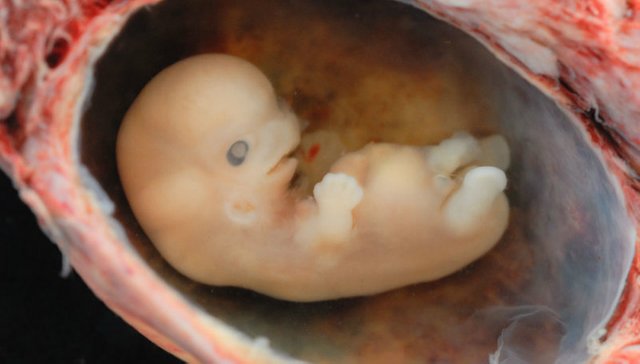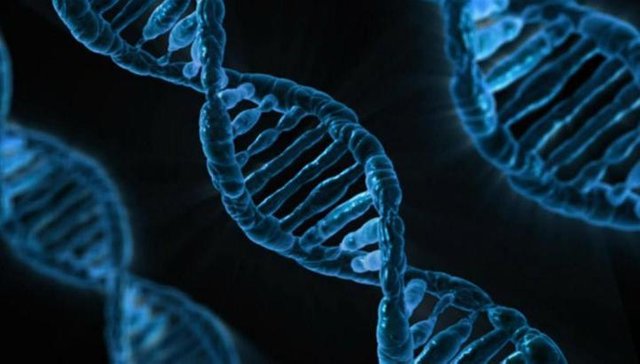China has successfully corrected the DNA of viable human embryos

Biologists have edited the DNA of human embryos, ridding them of a serious hereditary disease – Marfan syndrome. The achievement is reported by a scientific article published in the journal Molecular Therapy group led by Shinsyu Huang (Xingxu Huang) from the Shanghai Institute of biochemistry and cell biology.
In the new work, scientists used a more modern version of the CRISPR genome editing technology. In contrast to the standard technique, in this case, the DNA molecule is not cut in any place, after which the desired fragment is inserted. Instead, it only changes one nucleotide to another in the selected place of the genome. This greatly limits the scope, but seriously reduces the percentage of errors.
The embryos selected for the experiment had a mutation leading to Marfan syndrome. This disease is characterized by multiple disorders in the development of the skeleton, muscles, internal organs and so on. The root of the problem lies in the gene FBN1, in which instead of the nucleotide guanine (G) in such people is adenine (A).
Version CRISPR, replacing individual nucleotides, came in very handy here. Scientists have replaced the defective area of DNA a on G. And, as shown by further research, the procedure was successful for all 18 embryos.
However, without the lining was not. As resource notes phys.org. in two embryos, replacement occurred not only in FBN1 but also in some other genes. These embryos were found to be standard for IVF methods of screening "unsuccessful" embryos. In all other embryos, genome sequencing revealed no defects. That is, in the end, scientists got quite healthy embryos, and they could implant them in the uterus of a woman, if they wanted.

Of course, biologists did not do this. Editing human DNA is a completely new field, poorly understood from a scientific point of view and very problematic from an ethical point of view. So much more research is needed to one day allow a genetically modified embryo to develop into a fetus.
Recall that the first experiments with gene changes in human embryos were performed in 2015. However, then it was about intervention in the DNA of the triploid embryo, which in any case was not viable.
A year later, the world again flew around the news of the change in the genome of human embryos. It caused a great resonance, despite the fact that the success was modest: then only about one in ten embryos subjected to the procedure received the corrected genes (for a potential implantation in the uterus would fit only four).
In 2017 in China, and then in the U.S. scientists have also edited the DNA of viable human embryos.
It is important to note that all experiments on human embryos are carried out with "spare" embryos left after IVF procedures (they are in any case subject to destruction). "Conduct.Science" (nauka.vesti.ru) talked about the details of the procedure when they wrote about how genetics deliberately "broke" human DNA. Nevertheless, some experts draw attention to the possible unpredictable consequences of experiments to change the human genome and call for their ban.
Warning! This user is on my black list, likely as a known plagiarist, spammer or ID thief. Please be cautious with this post!
If you believe this is an error, please chat with us in the #cheetah-appeals channel in our discord.